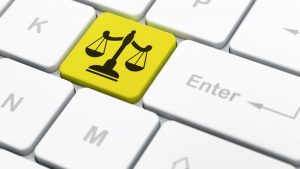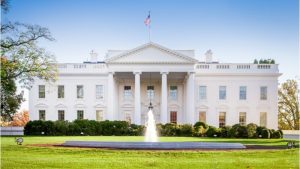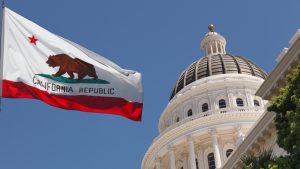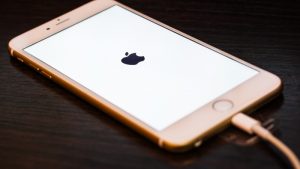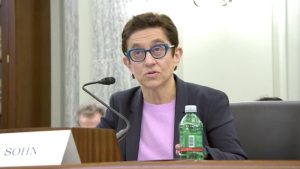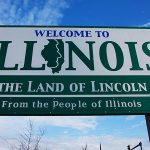Montana Gov. Greg Gianforte launched CareInMontana.com, a new website intended to recruit qualified healthcare providers to move to Montana.
Utah’s courts will rely on an algorithm to implement the state’s Clean Slate Law, which automatically expunges old and minor criminal records of individuals who have remained crime free for a set period of time.
The Biden-Harris Administration is crediting the bipartisan infrastructure bill passed by Congress last November for helping more than 10 million households to enroll the Federal Communications Commission’s (FCC) broadband affordability program.
After years of wishing for an “Amazon-like” experience for citizens dealing with government services, the hard-won lessons of the coronavirus pandemic are spurring state and local governments toward necessary improvements in digital service delivery to get closer to that goal.
The Department of Education (DoE) has released new updates to its College Scorecard that are intended to make the tool more useful for students and families weighing college options. DoE said that updates may also be beneficial to school counselors, college access providers, researchers, and other critical stakeholders.
The City of New Orleans will use a $474,000 grant to expand the city’s data analytics capabilities to eliminate racial and ethnic inequities in the city’s local criminal legal system.
This month Georgia Institute of Technology (Georgia Tech) soft-launched the Zoom video collaboration platform for students, faculty, and staff.
The National Counterterrorism Center (NCTC) has released a new mobile app – dubbed aCTknowledge – that shares unclassified counterterrorism reports, analysis, training resources, and alerts.
Tens of millions of viewers around the nation will flock to television screens and plates of buffalo chicken dip this weekend for the Super Bowl. Every year, the game also brings tens of thousands to the stands and hundreds of thousands to the host city’s bars and viewing establishments.
The Senate Commerce, Science, and Transportation Committee held a second hearing Feb. 9 on the nomination of Gigi Sohn to become an FCC commissioner, which produced little in the way of new information about her qualifications for the position, and not much insight into when or whether the Senate may take action to confirm the nomination.

